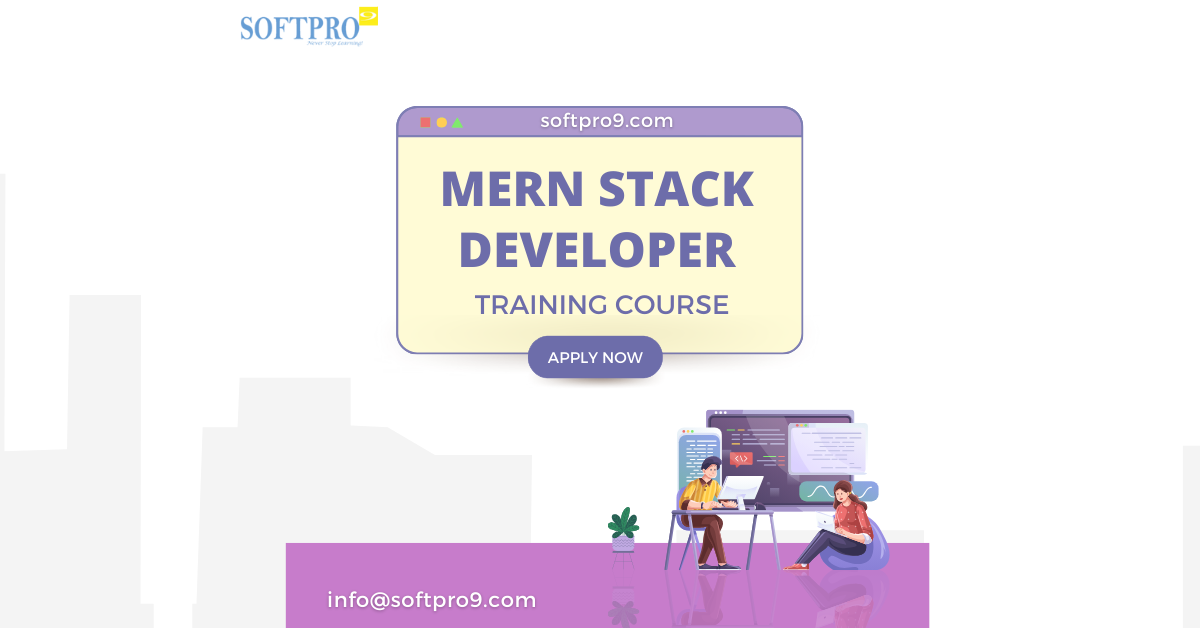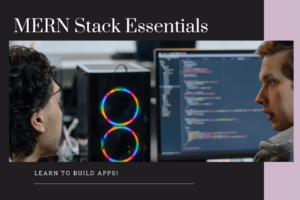
Mastering MongoDB: Top Essential Tips for Beginners to Kickstart Your Journey
#1 Myinstitutes.com is one of the Best Educational Portal and Training Institutes in MYSORE, MANGALORE, and BANGALORE.
MongoDB has quickly become one of the most popular NoSQL databases, offering flexibility, scalability, and powerful features for modern application development. Whether you’re a developer looking to enhance your skills, a data enthusiast wanting to explore non-relational databases, or someone entirely new to database management, learning MongoDB can be an exciting and rewarding journey. However, starting from scratch can feel overwhelming without proper guidance.
In this detailed guide, we’ll explore essential learning tips that will help beginners not only understand the core concepts of MongoDB but also efficiently apply them in real-world scenarios. From setting up your development environment to mastering key features like querying, indexing, and working with data models, this guide is designed to simplify your learning curve and set you up for success.
Why Learn MongoDB?
MongoDB is ideal for modern applications that require high performance, high availability, and easy scalability. It stores data in a flexible, JSON-like format, which makes it perfect for managing large amounts of unstructured or semi-structured data. Many leading organizations like Google, Facebook, and Uber rely on MongoDB for their data needs.
Essential Tips for MongoDB Beginners:
- Understand the Basics of NoSQL
Before diving into MongoDB, it’s crucial to grasp the differences between traditional relational databases (like MySQL) and NoSQL databases. MongoDB is schema-less, which allows for greater flexibility, but this also means understanding document-oriented data models, collections, and key-value stores. - Install and Set Up MongoDB
Setting up MongoDB is a straightforward process, but it’s essential to configure it properly. Learn how to install MongoDB on your local machine or in the cloud using services like MongoDB Atlas. Familiarize yourself with MongoDB’s Compass (GUI) or use the command-line interface for more control. - Master CRUD Operations
CRUD (Create, Read, Update, Delete) operations form the foundation of interacting with your data. Learn how to insert documents into collections, query the database with filters, update records, and remove data efficiently. MongoDB’s flexible query language will allow you to perform complex operations quickly once you get the hang of it. - Learn About Data Modeling
Data modeling in MongoDB is different from relational databases. Instead of using tables and rows, you’ll work with collections and documents. It’s important to know when to embed data within documents and when to reference other collections. This understanding will help optimize your database’s performance and scalability. - Use Indexes for Better Performance
Indexes are crucial in MongoDB to speed up query performance. Without indexes, MongoDB would have to scan entire collections to find matching documents, which can slow down your app. Learn how to create indexes on frequently queried fields to improve the efficiency of your operations. - Aggregation Framework
MongoDB’s Aggregation Framework allows you to process and transform data directly within the database. From filtering to grouping, sorting, and reshaping documents, mastering aggregation will enable you to perform complex data analysis without having to rely on external tools. - Understand Replication and Sharding
For high availability and data redundancy, MongoDB offers replication, which allows you to keep copies of your data across multiple servers. Sharding is another feature that helps distribute large datasets across multiple machines, ensuring your application scales efficiently. - Use MongoDB in Real Projects
The best way to learn MongoDB is by using it in real-world projects. Try building simple applications like task managers, e-commerce sites, or blog platforms where you can practice storing and querying data. Experimenting in real scenarios will help solidify your understanding and prepare you for more advanced challenges.
Additional Learning Resources
To deepen your MongoDB knowledge, make sure to take advantage of online tutorials, documentation, and courses. MongoDB University offers free courses for all levels, covering everything from the basics to more advanced topics like performance tuning, data security, and large-scale deployments.
Conclusion
Mastering MongoDB takes time, but following these essential tips gives you a solid foundation to build upon. Whether you’re planning to use MongoDB for personal projects or in a professional setting, the skills you acquire will help you manage data efficiently in various applications. Start your MongoDB journey today, and you’ll soon see why it’s a favourite among developers worldwide.



